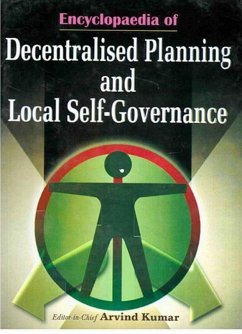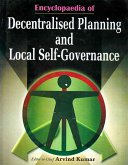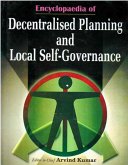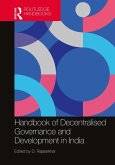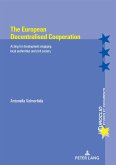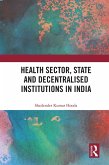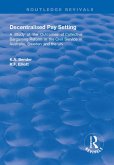Decentralization is referred to as a process of sharing of powers by the Central ruling groups with other groups, each having authority within a specific area or the State. From the point of view .of norms, it means presence of formal political structures for each defined area representing a combination of local as well as Central interest, who exercise the powers of decision making at the local level and such allocation of powers is protected by formal as well as normative rules accepted by the Centre. With focus on instrumentalities of Local self-Governance of Panchayati Raj (PR) bodies, the present work analyses the provisions in Central and State PR Acts, the critical issue of exercising powers and apprehensions thereof affecting effective and autonomous discharge of developmental functions between Centre and States, denial of overall control to Gram Sabha. Further, following the discussion on the concept of institution, distinction between public organisation and bipolarity of institution-building process, the present work also discusses Panchayats as institutions and the 73rd and 74th Constitutional Amendment. Then, with a diagnositic angle, it identifies the factors that could account for PRI's institutionalisation-such as politicisation, leadership, boundary management, environment, etc. We hope, the work will be of immense importance to those involved in policy planning, administrators, academicians etc.
Dieser Download kann aus rechtlichen Gründen nur mit Rechnungsadresse in A, B, BG, CY, CZ, D, DK, EW, E, FIN, F, GR, HR, H, IRL, I, LT, L, LR, M, NL, PL, P, R, S, SLO, SK ausgeliefert werden.

